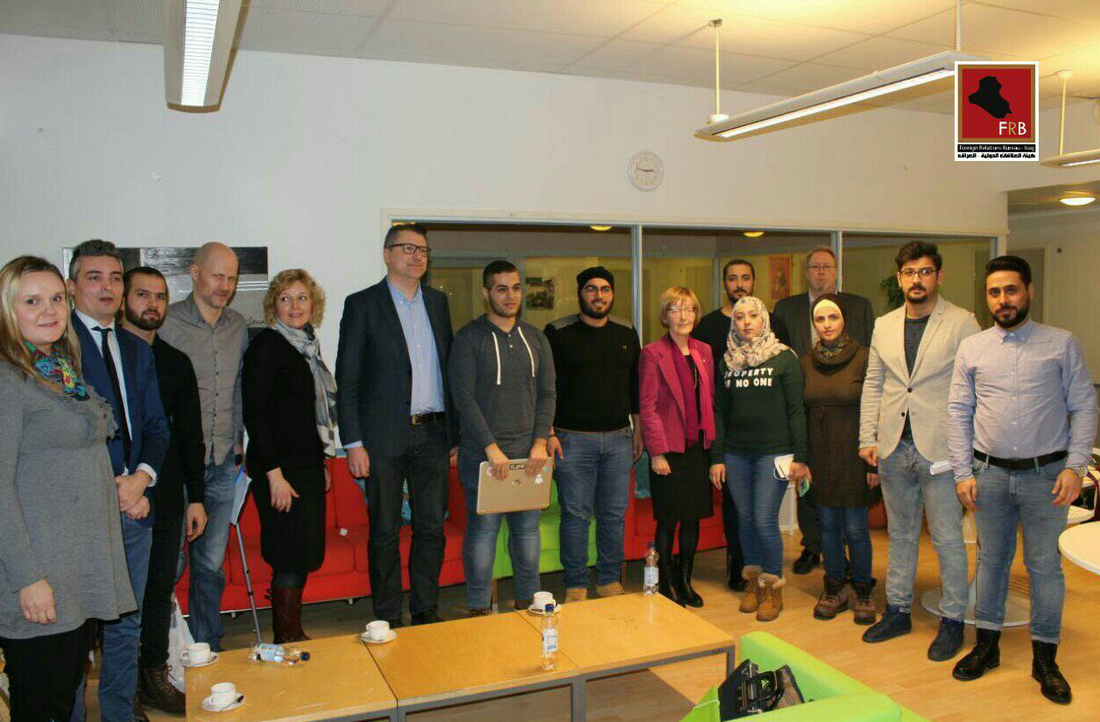Months of unrelenting protest activities coordinated by Iraqi asylum seekers in Finland, have finally yielded some anticipated results.
Their popular demands have been responded to. Finland can no longer ignore the commitment of asylum seekers in their peaceful efforts to subvert a deportation campaign they deplore as unjustifiable.
Existing laws modified by the Parliament in 2015, resulted in tighter restrictions forcing thousands of Iraqis back to a country where death lurks behind every corner.
Organizers rejoiced over the latest breakthrough which brought the movement’s organisers into direct talks with Finland’s Immigration Services (MIGRI).
The delegation that consisted of two females and two Finnish immigration lawyers, shone a light on the irrevocable errors that had been made by immigration officers, and the consequences of forced ‘repatriation’.
The document argues that “it is crucial to remember that Finland and Iraq do not have any state agreement. This means that the Iraqi authorities can’t protect their citizens, and accept only those that want to return voluntarily”.
Legal representatives also urged Finnish police to place deportation orders on hold when received, especially if the person in question has a pending immigration case.
A list of their demands included:
- Urging the government to revise its classification of Iraq as a ‘safe’ country
- Calling for a revision of the criteria by which asylum applications are approved and rejected
- Calling on the government to suspend its forced deportation campaign
- Reminding the government of Finland that all asylum seekers, by law, are entitled to a fair trial
- Demanding that MIGRI pronounces a plan with concrete means on how they will remedy existing mistakes
In response to some of the questions raised, MIGRI representatives conceded that no delegation had traveled to Iraq to assess the current situation. They had relied instead on intelligence provided by classified sources from neighbouring Sweden.
A source whose identity cannot be revealed for security reasons elaborated further, stating that “individuals providing this information are linked to armed groups who hold seats in power back in Iraq. They purposefully work to sabotage the lives of refugees fleeing violence, by fabricating the facts on the ground”.
MIGRI’s director also acknowledged that errors had been made by translators during the interview phase of asylum applications, vowing to provide answers in the coming weeks that will be posted online.


 RSS Feed
RSS Feed